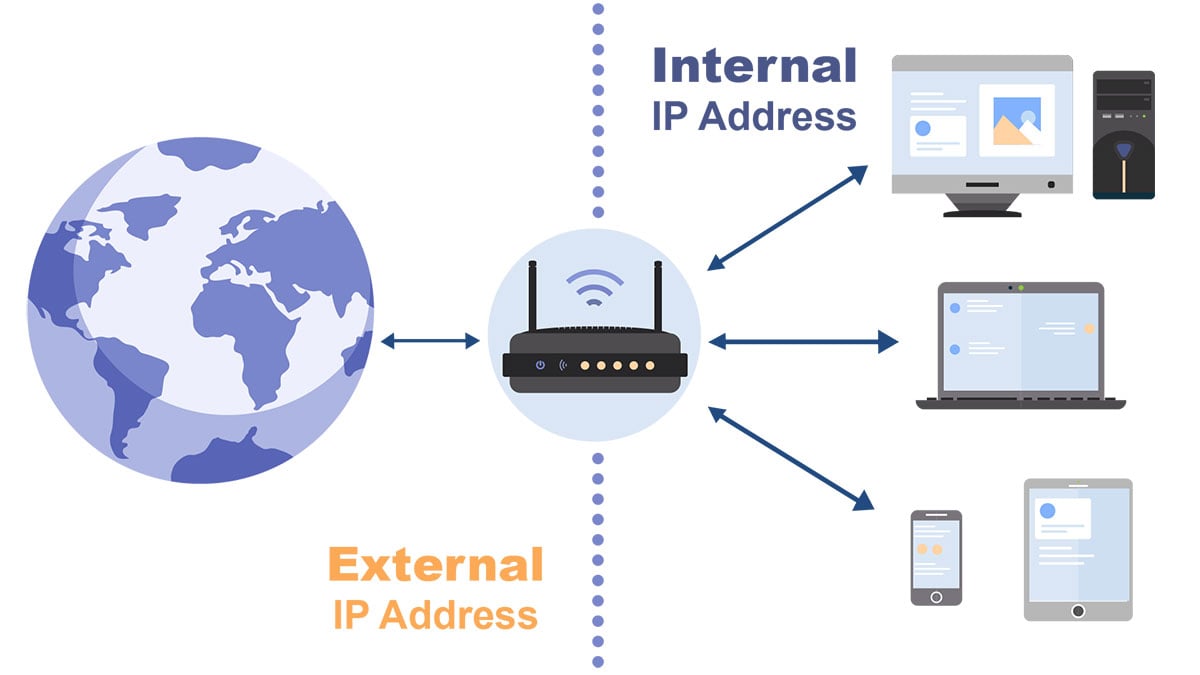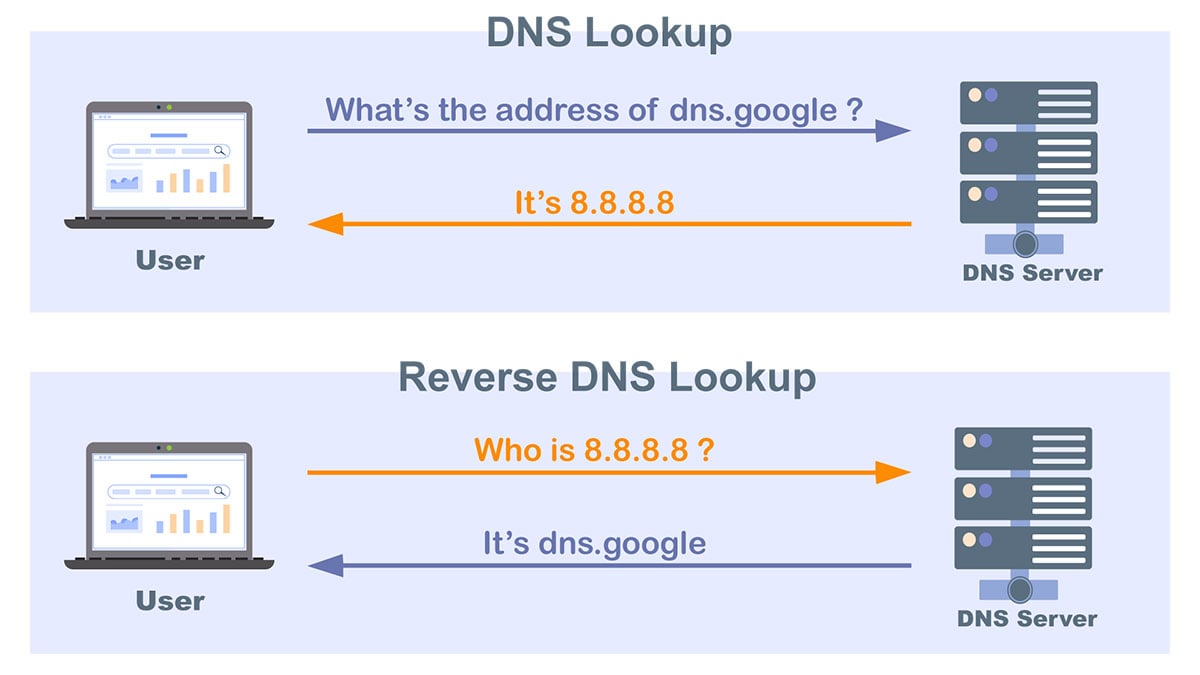
What are public IP addresses, private IP addresses and reserved IP addresses?
What’s a reserved IP address?What’s a private IP address?What’s a pub
- 2023-01-09 10:56:52
- Instruction

What is reverse DNS of an IP address?
What is reverse DNS of an IP address? DNS is the acronym for Domain Name System.
- 2023-01-09 10:58:58
- Instruction

What is the use of IP address locating?
The main function of the IP address location is to query the IP address of the computer (or mobile phone) connected to the network and its location.
The

What are the use types of IP addresses?
What are the use types of IP addresses? In the Internet age, surfing the Internet is almost a thing we must do every day, but for most ordinary netizens, they only know that surfing the Internet is
- 2023-01-09 10:58:44
- Information
 IP
IP


